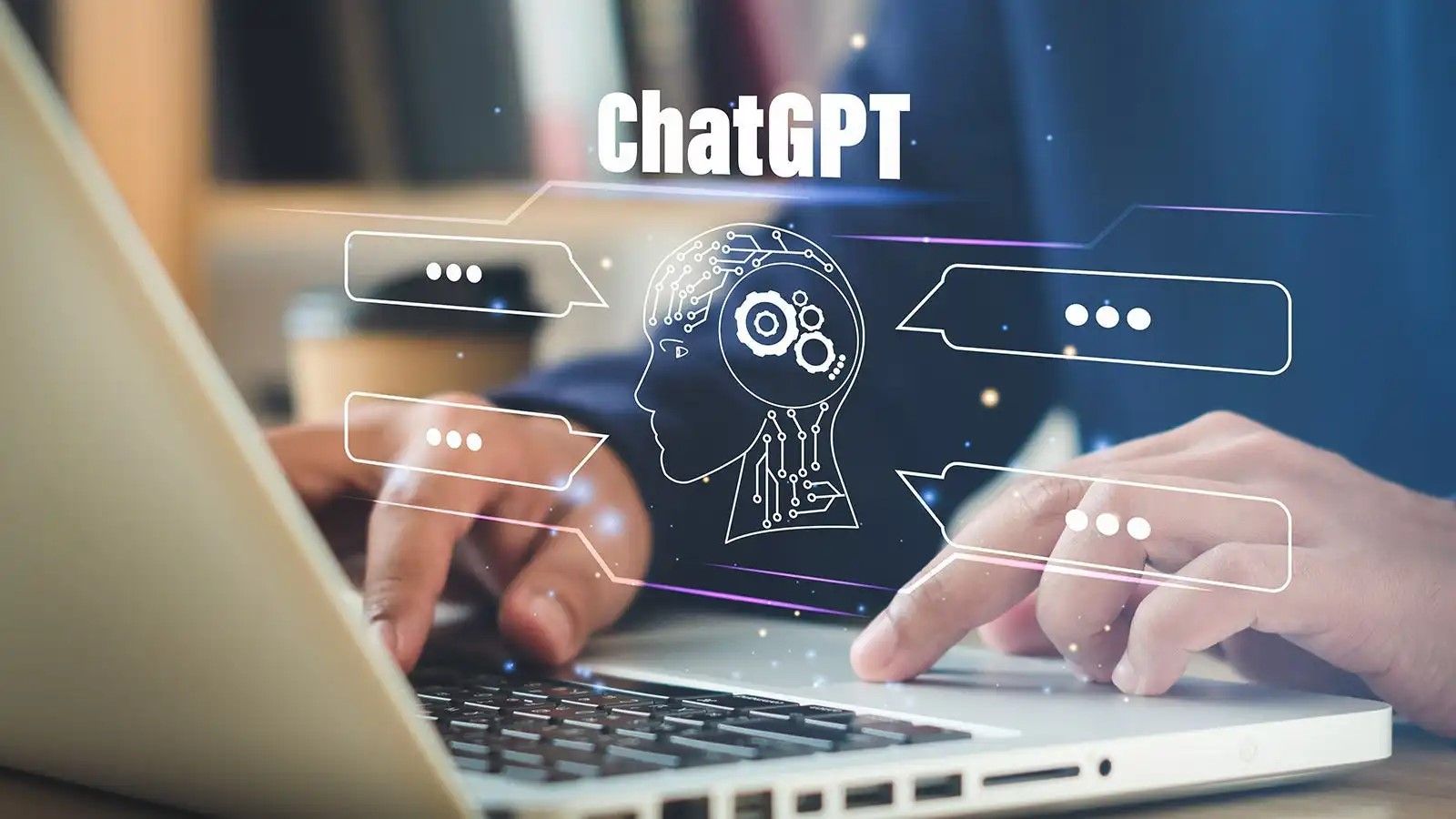As technology advances and artificial intelligence continues to evolve, the possibilities for how we interact with machines are expanding at an incredible rate. One such example is ChatGPT, a large language model trained by OpenAI. ChatGPT has already made waves in the world of natural language processing, helping people to communicate with machines in a more human-like way. ChatGPT had 100 million users in January 2023, and it is estimated that the user count reached 173 million users in April 2023. But what does the future hold for this groundbreaking technology? In this article, we will explore the predictions and opportunities for the future of ChatGPT. From enhancing customer service to revolutionizing education, the potential applications of ChatGPT are vast and exciting. Join us as we delve into what the future may hold for this fascinating technology.
ChatGPT's current capabilities and limitations
ChatGPT is an artificial intelligence language model that is capable of understanding and generating human-like text responses to a wide range of questions and prompts. As it stands, ChatGPT's current capabilities allow it to converse with humans on a wide range of topics, answer factual questions, make jokes, and even generate creative writing prompts. ChatGPT is also capable of learning and improving over time as it processes more data. The popularity of the tool has been nothing but incredible, in January 2023 ChatGPT received an average of 13 million unique visitors per day, which is more than double the daily number in December 2022
However, like any other technology, ChatGPT has its limitations. Recognizing these limitations, OpenAI continuously works on ChatGPT updates to enhance its accuracy, reduce biases, and expand its understanding of complex queries. While it is capable of generating coherent and contextually relevant responses, it may sometimes generate inaccurate or inappropriate responses, especially when given incomplete or ambiguous information. Additionally, ChatGPT can struggle with understanding colloquial language, sarcasm, or other non-literal expressions that humans may use in their everyday conversations. Finally, ChatGPT can sometimes generate repetitive or irrelevant responses, particularly when it encounters a topic that it has not been trained on.
Overall, while ChatGPT's current capabilities are impressive, there is still a long way to go before it can fully replicate human-like conversations. However, with continued advancements in natural language processing and machine learning, there is potential for ChatGPT to continue to improve its capabilities and expand its applications in the future. An example of this can be seen with the recent integration of AI in web browsers.



